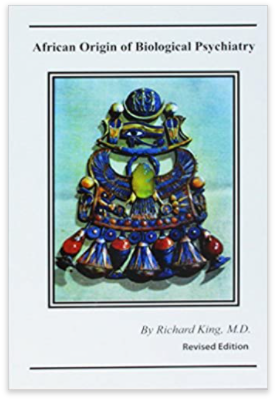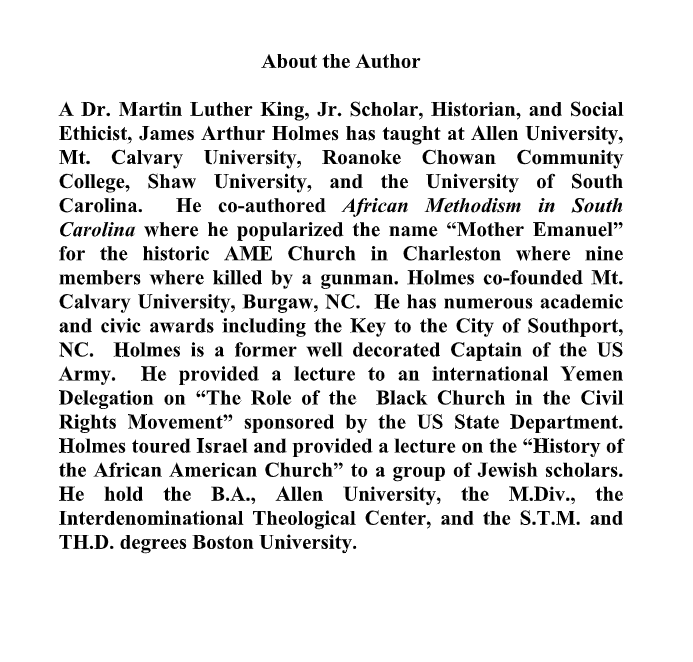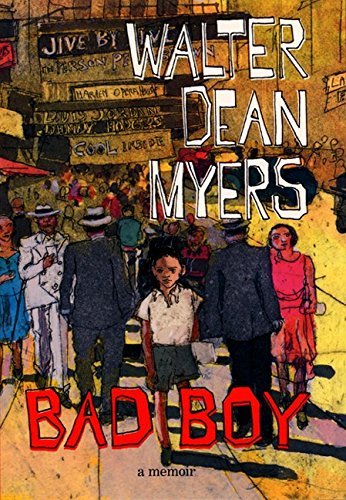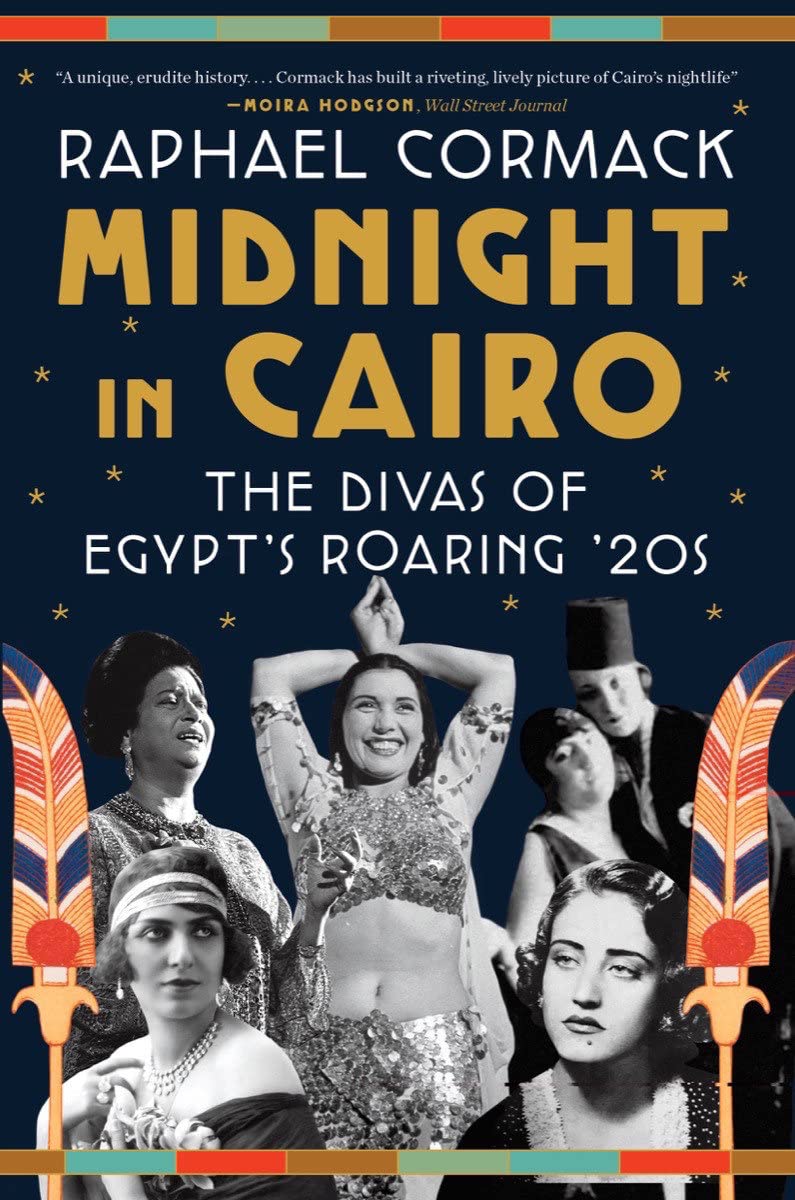Among all of Hollywood's iconic leading men, arguably none proved as versatile at acting as Henry Fonda, whose career spanned six decades and earned him Academy Awards for roles in various genres. After breaking into Hollywood in 1935, Fonda quickly rose the ranks, earning an Academy Award nomination in the classic Twelve Angry Men (1940), but Fonda had the kind of staying power that most actors could only dream of. In fact, Fonda had already received an honorary lifetime achievement award from the Academy (in 1980) before winning the Oscar for Best Actor for his role in On Golden Pond (1981), an award he earned when he was already well into his 70s and only about a year away from his death. Fonda would also earn Emmy nominations for his work on two different shows and even a Grammy for a spoken word album in 1977. And as if all that wasn't enough, he was also a critically acclaimed stage performer, winning a Tony for Mister Roberts in 1948.
A lot of Fonda's success could be attributed to the fact that he could convincingly play the all-American man that everybody in the nation adored and/or wanted to be, to the extent that one magazine called him "the man we wished we lived next door to." At the same time, Fonda could portray characters like Tom Joad, who maintain their status as heroes even while breaking rules on-screen. His personal life also seemed to mirror his acting versatility; while his World War II service helped cement his all-American persona, his family life was also extremely troubled, even after he became recognized as the patriarch of a family full of famous actors, including Jane and Bridget Fonda. When Henry played a distant father on-screen in On Golden Pond alongside his daughter Jane, the autobiographical elements of the film were apparent to those who knew him.
















